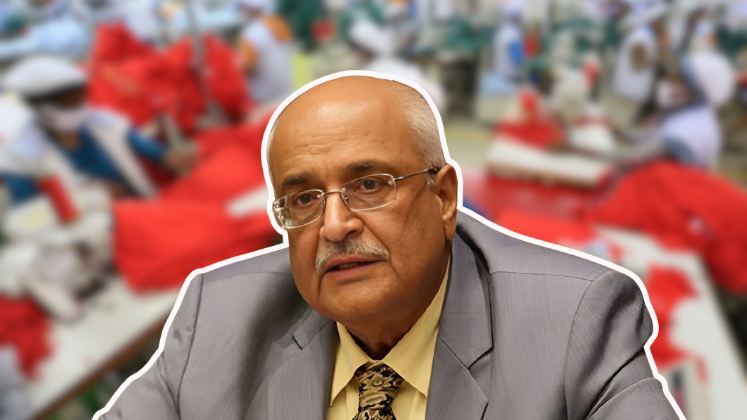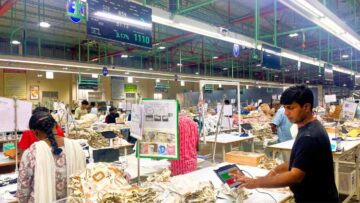At the 8th Sanem Annual Economists’ Conference (SAEC) 2025 macro-economist Debapriya Bhattacharya highlighted that reforms in Bangladesh’s garment sector have been significantly influenced by pressures from the global supply chain. Bhattacharya, a distinguished fellow at the Centre for Policy Dialogue (CPD), noted that key changes in the industry such as addressing child labour and enhancing workplace safety in the wake of the Rana Plaza disaster were largely responses to international market demands.
In his remarks, Debapriya emphasised that Bangladesh’s adaptations to global market incentives have also shaped reforms in remittances. However, he cautioned that these reforms should be balanced and tailored to the specific needs of different sectors to foster supply-side capacity. He warned that if liberalisation leads to increased import dependency without achieving broader economic goals, it would signify a failure of those reforms.
Debapriya argued for sustainable reforms that promote economic diversification, productivity growth, poverty alleviation, and reduced inequality. He stated, “If South Asian countries do not implement necessary reforms or open up their economies, they risk missing out on future opportunities.” While acknowledging the importance of reforms, he pointed out that lower-middle-income countries like Bangladesh may struggle to capitalize on new possibilities.
Discussant Dr. Shanta Devarajan, a professor of International Development at Georgetown University, reinforced the need for South Asian countries to adopt more open trade policies. He highlighted that political tensions, particularly between India and Pakistan, are major barriers to increasing trade volumes in the region.
Dr. Deepak Mishra, director and chief executive of the Indian Council for Research on International Economic Relations (ICRIER), added that while East Asian countries face geopolitical issues with China, these have not prevented trade growth. In contrast, he pointed out that political dynamics have stunted trade within South Asia.
The session was moderated by Selim Raihan, a professor of Economics at the University of Dhaka and executive director of Sanem.







